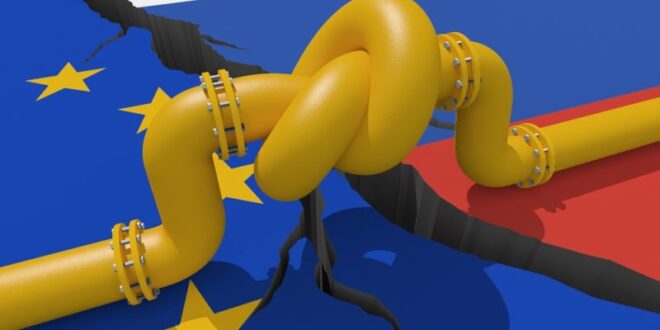Czech citizens are more in favour of negotiating energy imports with Russia than completely cutting ties despite the resulting high costs and necessary savings, a Kantar survey published by Czech Television on Sunday has found.
According to the survey, 49% favour negotiating with Russia, while 43% favour cutting ties with the country altogether, the survey reads.
“Czech society is divided into two similar large parts on whether to cut itself off from Russian gas and oil or whether to negotiate with Russia,” Nikola Kopáčová, a sociologist from Kantar, explained.
“The continuation of supplies from Russia is more often supported by people with lower education, especially voters of Freedom and Direct Democracy and Communist Party,” she added.
Freedom and Direct Democracy Party (ID affiliated), currently in opposition, obtained 9.6% in the October 2021 elections, while the Communist Party is not represented in parliament. Since the start of the war in Ukraine, both parties have been pushing for economic cooperation with Russia.
“The number (of people favouring negotiations with Russia) unpleasantly surprised me,” Finance Minister Zbyněk Stanjura (ODS, ECR) told Czech Television in reaction to Kantar’s survey.
“I understand those concerns, but this is not a solution,” he pointed out.
Czechia, which relied on Russian imports for 97% of its gas consumption before the war in Ukraine, has taken several measures to cut its dependence.
Czechia’s current gas storage facilities are filled with more than 82% of its capacities. It has also bought a share in a Dutch LNG terminal which should cover a third of its gas consumption. Still, prices of gas are skyrocketing.
The Czech government is expected to present national measures to tackle the soaring energy prices this week.
 Eurasia Press & News
Eurasia Press & News




